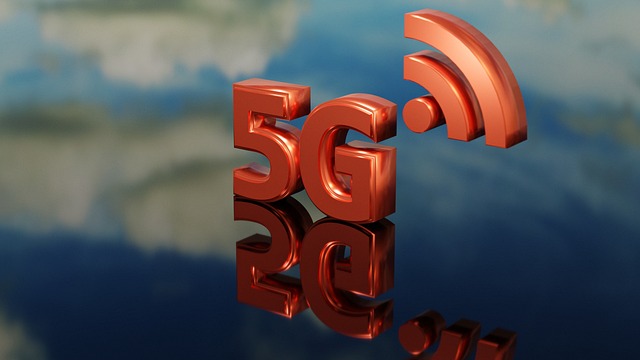The Evolution of Internet Connectivity
As technology continues to advance, the internet has undergone a remarkable evolution in terms of connectivity. From the early days of dial-up connections to the widespread availability of high-speed broadband, the way we connect to the internet has drastically improved.
The advent of broadband brought about a significant shift in internet connectivity, offering faster speeds and more reliable connections. This development has allowed us to access information, communicate with others, and engage in online activities more seamlessly than ever before.
The evolution of internet connectivity has not only transformed our daily lives but has also revolutionized various industries, such as e-commerce, entertainment, and education. With each passing year, we witness further progress and innovation, paving the way for a future where internet connectivity becomes even more advanced and ubiquitous.
The Advantages of 5G Technology
The introduction of 5G technology has brought about numerous advantages in terms of enhanced speed and bandwidth. With download speeds that are estimated to be 10 to 20 times faster than 4G, users can now enjoy seamless streaming of high-definition videos, lag-free gaming, and swift downloading of large files. This increased speed not only enhances user experience but also opens up new possibilities for industries such as virtual reality, augmented reality, and autonomous vehicles, where real-time, high-speed data transfer is crucial.
Furthermore, 5G technology offers significantly higher bandwidth compared to its predecessor, enabling more devices to connect simultaneously without experiencing network congestion. This expansion in bandwidth capacity is particularly beneficial in densely populated areas or at crowded events, where a large number of users are accessing the network simultaneously.
With 5G, users can expect smoother and more uninterrupted internet connectivity, even in areas with heavy network traffic. Additionally, this increased bandwidth also paves the way for the Internet of Things (IoT) revolution, where countless devices will be interconnected and capable of communicating and sharing data in real-time, leading to improved efficiency and productivity in various sectors.

Enhanced Speed and Bandwidth with 5G
The introduction of 5G technology has marked a significant milestone in the world of internet connectivity. One of the key benefits of 5G is the enhanced speed it offers. With 5G, users can experience lightning-fast download and upload speeds, making activities such as streaming high-definition videos or downloading large files quicker and more efficient than ever before. This increased speed not only improves the overall user experience but also enables real-time communication and collaboration, making tasks that were once time-consuming and tedious much more seamless and efficient.
In addition to the enhanced speed, 5G also provides a substantial increase in bandwidth. Bandwidth is the capacity of a network to transfer data, and with 5G, this capacity is significantly expanded. This means that more devices can connect to the network simultaneously without experiencing a decrease in speed or performance.
The increased bandwidth allows for smoother and more reliable connectivity, even in areas with a high concentration of connected devices, such as crowded urban areas or busy public spaces. This means that whether you are at home, at work, or on the go, you can rely on your 5G connection to deliver a fast and uninterrupted internet experience.
Overall, the enhanced speed and bandwidth offered by 5G technology have revolutionized internet connectivity. With lightning-fast speeds and increased capacity, users can now enjoy an unparalleled internet experience that allows for seamless streaming, quick downloads, and efficient communication. As 5G continues to roll out globally, it is expected to shape the future of connectivity, transforming industries and enabling new possibilities that were previously inconceivable.